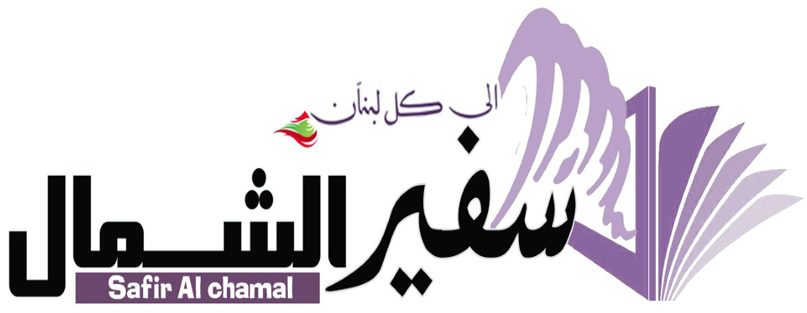The EU-funded PAVE project continued its work aimed at examining the resilience and fragility of societies in violent extremism, to exchange preliminary research findings, to discuss commonalities and differences, as well as to explore ways for greater cooperation, participation and coordination in future public policies.
In the PAVE project, the focus is on geographical communities, i.e. municipalities, and this allows to understand the roles of important stakeholders and leaders, and to design recommendations derived from research directly to them, since they hold distinct positions to address violent extremism.
To complement this activity, PAVE partners moved to Tunisia to participate in scientific exchanges and policy roundtables related to research conducted in the context of the PAVE project.
The first stop was on September 17 and 18 in the city of Sfax where participants met with the PAVE team of the university of Sfax who organized a research seminar on the importance of religion and the socialization of extremism, and simultaneously. With contributions from Tunisia-based researchers who conducted a series of discussions on the interdependence of religion, extremism and politics, as well as mentioning the importance of sports, artificial intelligence (to eradicate) and combat extremism.
Marie Kortam PAVE, in partnership with FMSH, also presented the findings of her research on the roles that civil society organizations and international cooperation can play to prevent violent extremism. In addition, Véronique Dudouet and Johanna Hülzer (Berghof foundation) contributed insights into how religious leaders can contribute to building the resilience of society in Iraq and Lebanon, in order to provide a comparative perspective on the case of Tunisia.
A policy round table that included representatives of local administrations, religious institutions and civil society complemented the research seminar. Invited attendees participated in lively discussions on the importance of religion for radicalization towards violent extremism. The policy brief of the plan of action for the advancement of women in Tunisia, including the main policy recommendations derived from the results of field research, will be carefully reviewed based on these discussions.
On Monday, September 19, PAVE partners participated in a round table on policy in Tunis, organized by prof. Hmida Nefer and Maher Zoghlami, who also conducted research on PAVE in Tunisia. The round table brought together prominent personalities from the political world, academia and representatives of the media. After presenting key research findings and policy recommendations, Josep Garcia Coll of the PAVE partner and in partnership with FUNDEA shared the motivations for improving EU policies to prevent and counter violent extremism (P/CVE) in the euro-Mediterranean region, focusing on the dynamics of transnational extremism.
During the discussion, participants made observations regarding the findings and policy recommendations. For example, one participant noted that it was problematic for religious higher education institutions, such as the University of Al-Zaitouna in Tunisia, to view the phenomenon of violent extremism from a theoretical perspective. Instead, he considered it useful for these institutions to also participate in empirical studies of the phenomenon in order to obtain more realistic and practical knowledge that could be translated into preventive measures on their part. Afterwards, Marie Kortam of FMSH and Joline Beaujouan of OTT made comparisons with the Lebanese and Iraqi cases with the above-mentioned Tunisian findings.
On September 20, colleagues from its sister projects PREVEX and CONNEKT joined the PAVE team in a double panel discussion at the humanities forum.
The first session was held in Arabic under the chairmanship of Mary Kortam, where presentations and discussions focused on addressing violent extremism in the Mena region. With Fethi Rekik’s introduction to Salafim in Tunisia where Salafists are not a set of identical atoms, Hmida Enneifer explained “transforming extremism” and how the original spiritual peace practices in Islam can act as resilience factors for violent religious extremism in Tunisia. Tasnim Chrichi explained a dynamic and multi-level understanding of extremism and violent extremism in the Mena region. Finally, Mohammed sharqawi introduced the complex forms of interaction between the religious environment and the political context in Lebanon.
The second session was held in English and chaired by Véronique Dudouet, where presentations and discussions revolved around questions of how to build and sustain community resilience.
While Josep Garcia Coll presented an experimental application of the 3N model (to deradicalize) in the Mena region, Joline Beaujouan explained the tension and incompatibility between the resilience of society and the resilience of the state based on the case of Iraq. Morten Boas (NUPI, PREVEX) highlighted how external support for a community’s resilience needs a “light footprint” in order to be reliable to the affected population and effectively support the internal legitimacy of local resilience agents, such as respected religious figures.
Related Posts














